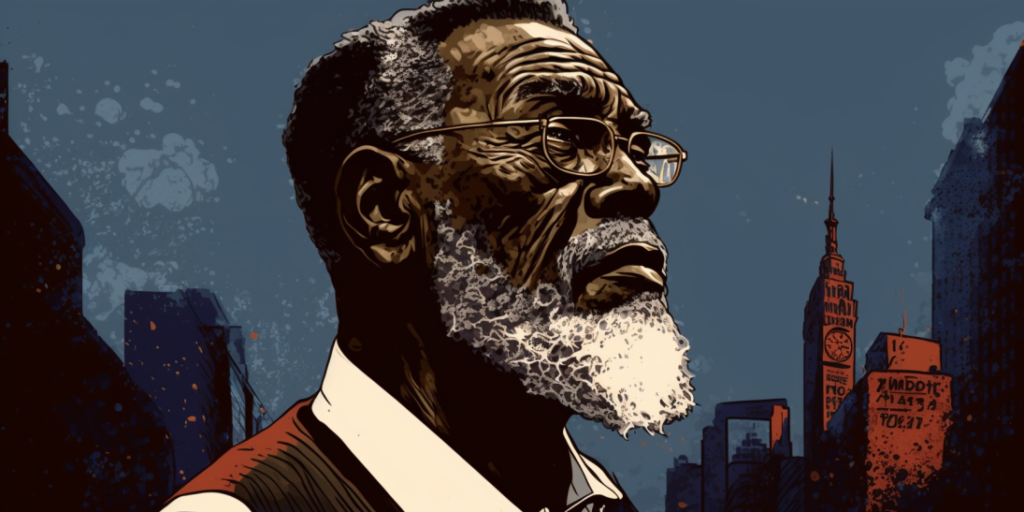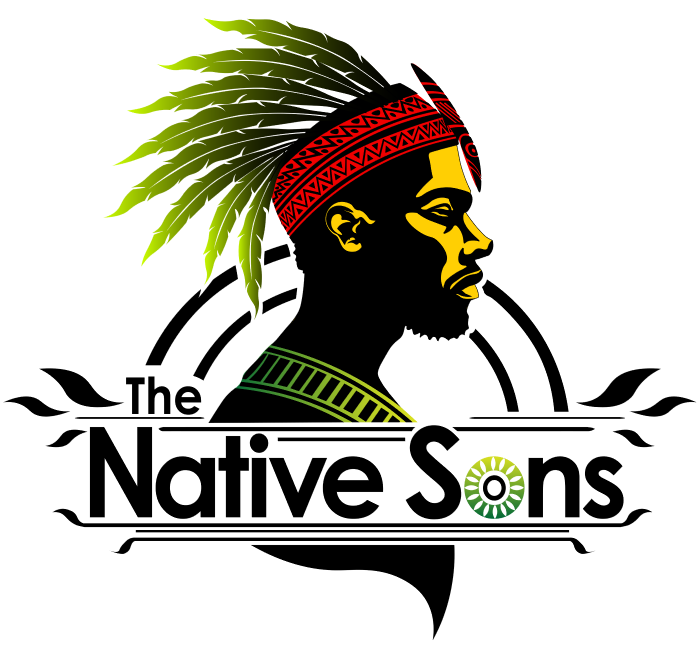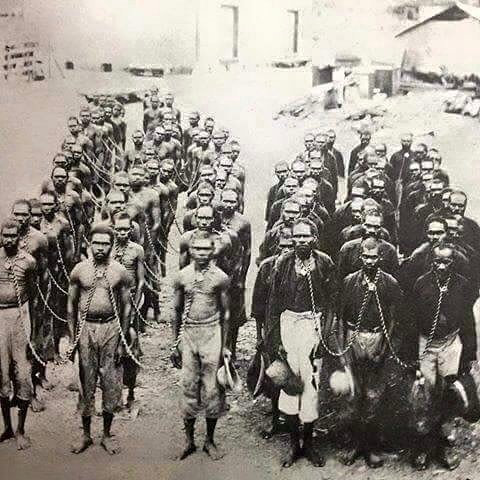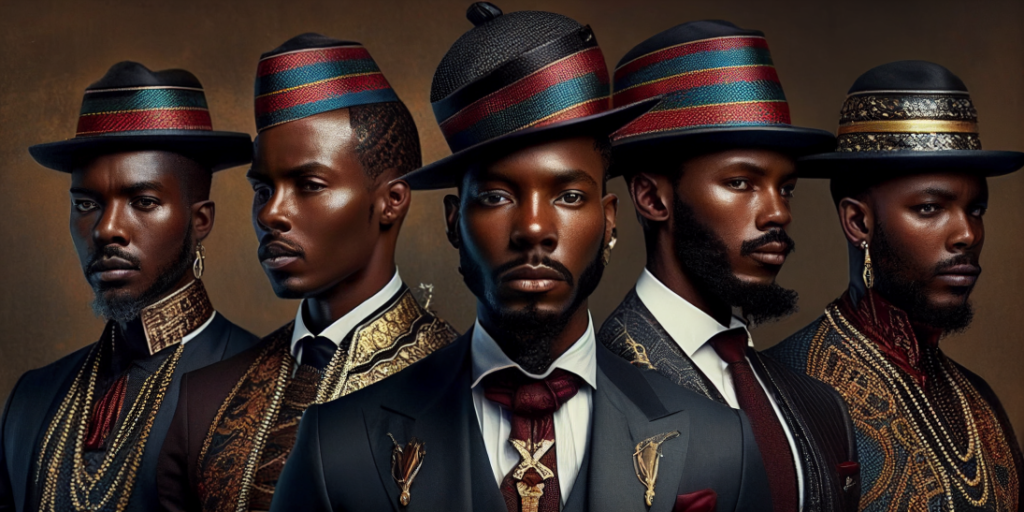Netflix Documentary Review Bill Russell Legend: DH Moons Movie Critic

Recommended: warning for shameless propaganda
The compelling and controversial subject of America’s struggle with African Manhood proved beyond the intellect of Executive Producers Ross Greenburg, Chris Rosenzweig, along with Producers Martha Spanninger and Reuben Atlas. Rather than a masterpiece, the writers painted a mustache on the Mona Lisa.
The documentary has too much propaganda and unconcealed self-promotion. Like much of his basketball career, Bill Russell saved a less than average documentary, fill with too many less than relevant people, giving meaningless interviews. It would have a far better documentary without the shameless self-promotions from Nike, NBA, WNBA, with the normal roster of charlatans.
Before Bill Russell, families migrating from cotton plantations to major cities knew little of basketball. Generations of men became competent at basketball mimicking Negro America’s older brother, Bill Russell. Learning tenacious defense, the steal, and the impact of block shots, Russell, every Sunday Afternoon, taught millions of Negro boys, teamwork, defense, and unity can beat any opponent.
Unable or too unwilling to emphasize Russell’s African Manhood, Netflix took a Zulu Warrior and reduced him to Boyshit. The one smart thing, allowing Russell’s original recorded words. Recalling his childhood, “In 1953 when we moved to Oakland from Louisiana. My father and mother both worked in the shipyards. I had never seen a basketball or heard it existed. I saw some guys playing basketball, and joined in. I was really, really, not good.”
For the next decade, beginning with the time he bonded with his college roommate, K. C. Jones, by sharing the same underwear, Bill Russell taught young American Negro Men how love, intellect, cohesive anger, frustration, unity, duty, and honoring your father can trump racism; and if your team is good, go for great, then humiliate the humiliators with excellence, not violence.
As an amateur athlete he won 55 college basketball games in a row, back-to-back college basketball championships, and an Olympic Gold Medal. As a professional he won 11 NBA Championships, two as a coach, and a five-time MVP. As a man he sat on his front porch with an armed rifle, because his Boston neighbors did not want to live next door to a Negro.
When he was the only non-white person in the arena, he refused to reduce his African Manhood to slavery. Swimming in a sea of White People, Russell remained transparent, direct, and truthful. He never hid his animosity for racist or submitted his African Manhood to the abuse of any oppressor.
“When I first arrived at USF a guy approached me and asked me, “Hey what’s your name boy;” I said, “William Russell.” He said, “I am going to give you a nick name.” I said, “If you do, I will knock the hell out of you. On the road to play a college game, they said I could not eat in the restaurant, only the kitchen. I refused to eat.”
There are more riveting interviews in the documentary. Russell’s competitors and teammates expose how slavery, racism, and the father who migrated from Monroe, Louisiana to Oakland, CA in 1953 because, “Either I am going to kill one of them, or they are going to kill me”, fueled Bill Russell’s intellect to become the man, prolific competitor, and all-time leader in championships, ever to play the game of basketball on the face of the earth.
Russell never had access to the library in Louisiana, with his mother’s urging, he would spend a lot of time there in Oakland. “I knew about slavery. My father’s grandparents were slaves. I’d go to the library and read. And I read this history book. And this one passage said, “The slaves in America were better off than the free people where they came from (in Africa).” I found that astounding. I was ten years old and said that cannot be.”
” Through it all I was confronted with the never-ending search all Negro Males must go through…for their Manhood. I decided I was going to be a great basketball player. All the anger and wander joined together for one purpose.”
Bill Russell channeled that anger to become the best team player in the history of basketball and winning became the single point of motivation. Winning and team will define his African Manhood on and off the court. For which he said, “Any kind of abuse is a form of slavery, and my father said we would never be slaves again.”
Young men can learn much from the Bill Russell’s African Manhood. Oscar Robertson, a legendary NBA Hall of Fame Inductee, said “Bill was all about the contributions he could make to mankind. And that was not basketball.”
Like a Zulu Chief, Russell’s African Manhood stood out like a warrior. Russell’s’ contributions and commitment to the dignity of African Manhood should never be forgotten, nor his influence overlooked. Long before Muhammad Ali, Jim Brown and dare I say Malcolm X, no one was more dedicated to African Manhood than Bill Russell. He never slouched, nor let his arms dangle, and always emphasized unity.
Nike and the NBA dishonor Russell with the normal paternalistic condensation. Renee Montgomery and Jayson Tatum knew nothing about Bill Russell. Their interviews sounded more like children who forgot their easter lines. They along with the producers knew little about Bill Russell, the man, and it shows.
Otherwise, they would not have allowed Montgomery to say complaining about restaurant service on social media is carrying on Russell’s legacy in the struggle for African Manhood in America, just to promote the WNBA.
Bill Russell grew up in the Jim Crow South. He was a child of the 1930’s in Monroe Louisiana. It included violence and lynching. Jeffery Wright is a great actor. But his reading excerpts from Bill Russell’s’ memoirs, sounded like a bored babysitter. Whatever enthusiasm he had reading from the book, it was far less compelling and interesting than the words spoken by Russell himself.
Said Russell, “My father knew firsthand about slavery. People in his family were slaves, he was only one generation removed. Slavery is the ultimate form of disrespect. So, my father made sure he was never treated in any way like a slave. One thing that was vitally important to him was to live a life of dignity. So that his kids would be proud of him.”
Before Bill Russell, there were more men of African Descent playing baseball than basketball. By 1970, every Negro kid was wearing a pair of Converse All Stars and getting more enjoyment blocking a shot, stealing, and rebounding than taking a shot or hitting a baseball.
The producers could have done this documentary great justice by sticking with Russell. Instead, they chose the sports pimp teaching Sunday School, DR. Harry Edwards and the usual Nike over exaggeration and embellishment of a third string quarterback, who dishonored American Veterans of African Descent.
If the producers and writers knew anything about Russell, they would have heed his words, “It is not important who is the first or who is the last. The important thing is how many. The rest is tokenism.”


